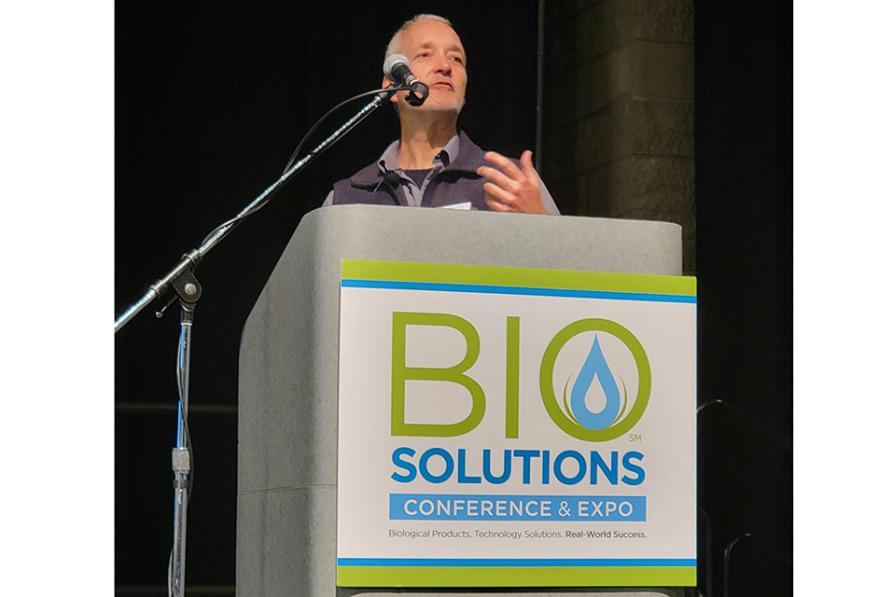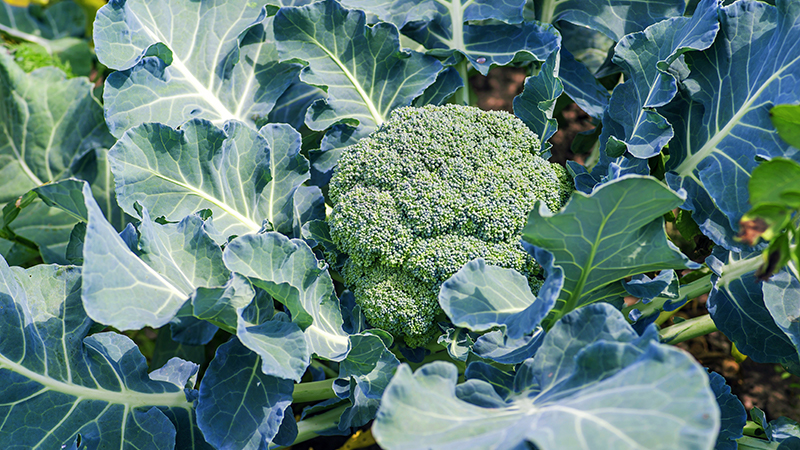Ethics: Ways They Apply to Agriculture and Natural Resources
I was recently asked my opinion on ethics and how they apply to agriculture and natural resources during an interview for a communications research project. The researcher was sincere — this wasn’t a trick question.
I thought about honesty, integrity, professionalism, benefits, common good — and then focused on “responsible use” as incorporating many of these attributes when it comes to pesticide and fertilizer use.
During the interview, I touched on the rigorous and lengthy scientific testing and regulatory process followed in bringing a pesticide product to market, and how the label is the law. This robust regulatory process addresses concerns of safe use, worker protection, environmental impacts, food safety, and human health to name just some issues. I also discussed integrated pest management and 4R nutrient stewardship.
I kept coming back to the concept of responsible use.
And when it comes to responsible use, Florida growers and the agchem industry have great partners to turn to for help and expertise.
Part of responsible use means following the laws and regulations — federal, state and, when it comes to urban fertilizer use — local ordinances. The EPA approves pesticides, while pesticide registration, applicator certification, and licensing in Florida falls under the purview of the Florida Department of Agriculture and Consumer Services (FDACS). For exams and continuing education, Florida’s land grant Extension services are the go-to group.
If there’s an upside to the coronavirus pandemic, it did create public awareness for some possibly underappreciated groups — like health care professionals, farmers, truck drivers, grocers, and others in essential services. Because my focus is ag-oriented, I’d like to give a special shout-out to two groups: FDACS and UF/IFAS.
FDACS kept up its regulatory activities while providing extensions for license renewals and coordinating emergency relief efforts and making sure students had access to meals that would have been provided during school days. When Florida growers’ restaurant and foodservice markets collapsed, FDACS worked overtime to develop an online marketplace connecting consumers and local growers. Many innovative programs came about because of COVID-19’s impacts, and I expect the best ones will continue.
And even when COVID-19 ends and we can be in close contact again, I expect we will continue to incorporate virtual meetings and training into the work world.
During the coronavirus pandemic, many pesticide training and ag education programs suddenly needed to pivot from in-person to online. It helped that the Pesticide Information Office at UF/IFAS already had a vast catalogue of online CEU trainings that were FDACS approved.
Dr. Jay Ferrell is the Professor and Director of the UF/IFAS Center for Aquatic and Invasive Plants and Pesticide Information Office.
He recently provided me with insight into the office’s overhaul and debugging of 78 online CEU-approved courses.
“This was particularly important since COVID-19 shut down in-person testing, and this was one of the only avenues to recertify the (pesticide applicator’s) license,” Ferrell said. “As such, we have seen a dramatic increase in the utilization of these materials. It has been nice to see how well this worked and how many people were able to use this resource to stay on the job.”
My thanks as well to all the Extension agents who adjusted their face-to-face OJ breaks, blueberry presentations, nutrient management seminars, and other training to online courses and for applying for Certified Crop Adviser CEUs, too.
Whether it’s pesticide or fertilizer use, COVID-19, or weathering Florida’s hurricane season, my hopes are that you stay safe, stay healthy, and be responsible!
Doing Great Things in Florida
There are so many agencies and leaders doing positive things amid COVID-19. Here are a few:
- https://www.fdacs.gov/Consumer-Resources/COVID-19-Information
- https://floridahealthcovid19.gov
- CropLife America’s resources on the pesticide regulatory process (industry perspective):
http://www.croplifeamerica.org/resources-1 - Florida’s pesticide applicator certification and licensing
- Certified Crop Advisers Program: https://www.certifiedcropadviser.org
- Get more CEUs: GrowingProduce.com/ceu-series










